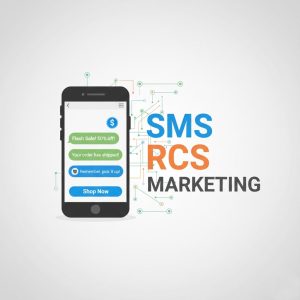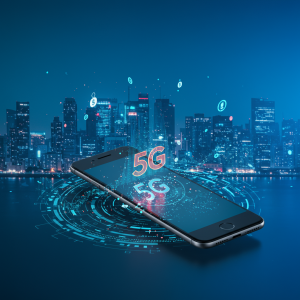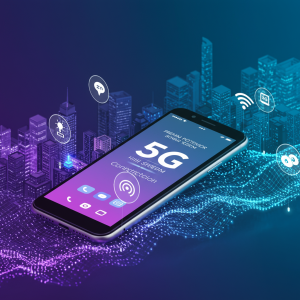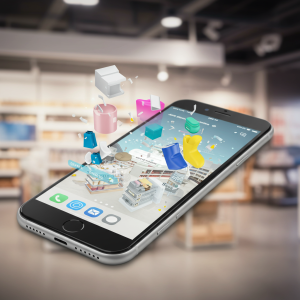AI-Powered Personalization: Elevating Mobile Marketing
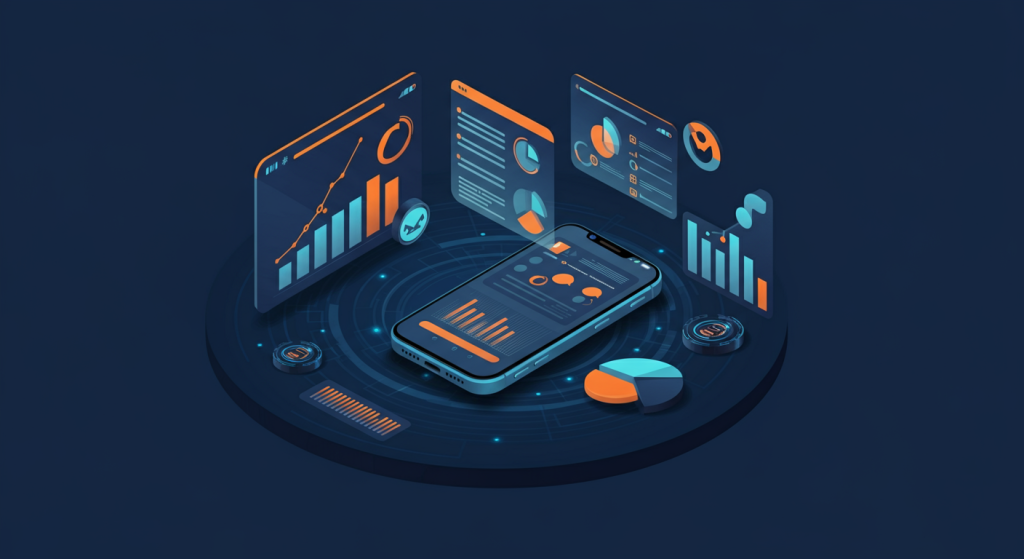
In an era where smartphones are integral to everyday life, generic marketing messages no longer cut through the noise. Today’s consumers expect experiences tailored to their unique needs, behaviors, and preferences. That’s where AI-powered personalization comes into play. By harnessing artificial intelligence, machine learning, and real-time data analytics, brands can craft hyper-relevant campaigns that dramatically boost engagement, conversions, and lifetime value.
Why Personalization Is the Future of Mobile Marketing
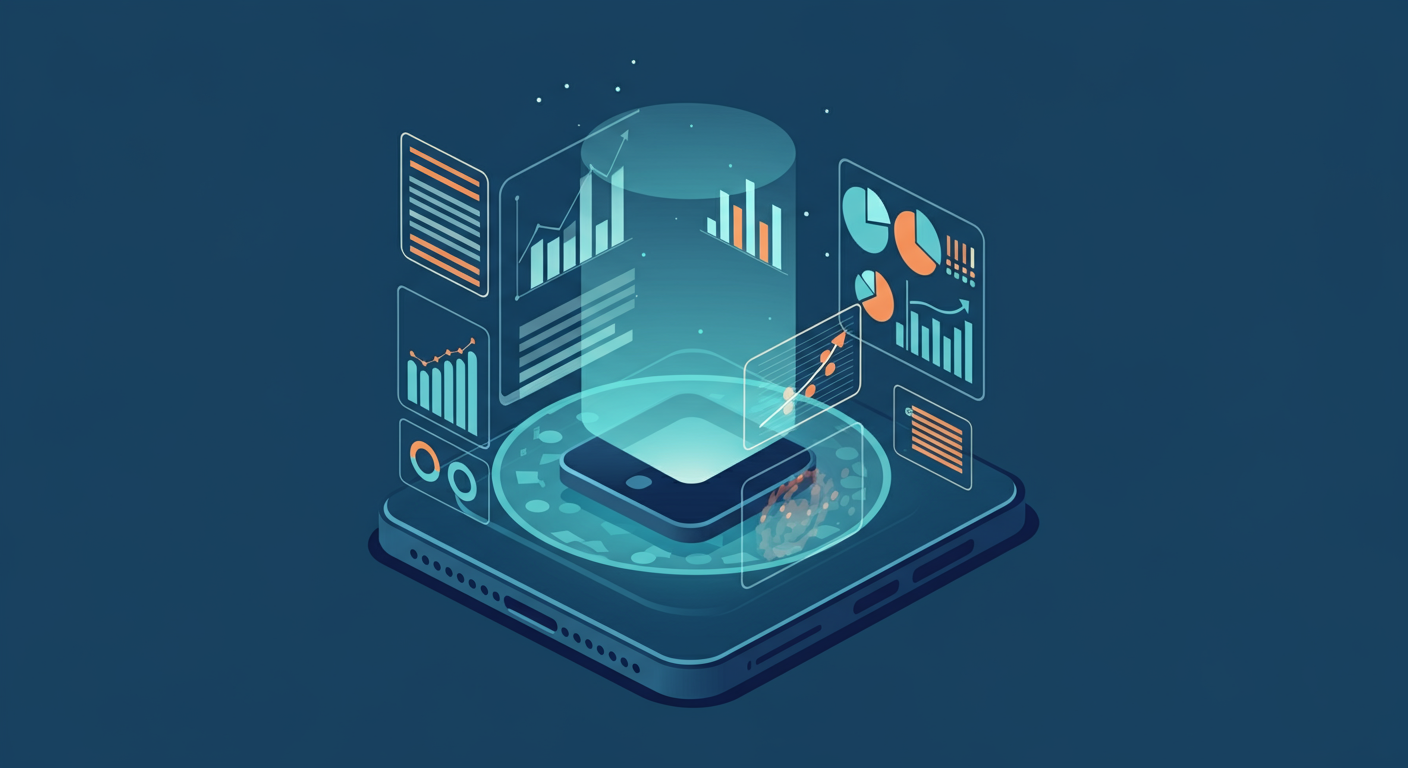
With over 6 billion smartphone users worldwide, mobile channels are the primary interface between brands and customers. Yet cluttered app interfaces, generic push notifications, and irrelevant SMS campaigns erode brand loyalty and inflate opt-out rates. Personalization addresses these challenges by delivering:
- Relevance: Messages tailored to individual user behaviours, purchase history, and preferences.
- Timeliness: Real-time triggers that engage users at the optimal moment.
- Consistency: Seamless experiences across apps, SMS, email, and social channels.
- Efficiency: Automated workflows that reduce manual effort and speed up campaign delivery.
Core Components of AI-Driven Personalization
Building an AI-powered personalization engine requires integrating several key technologies and data sources:
1. Data Collection and Integration
AI thrives on data. From in-app behaviors and clickstreams to location data and past purchases, every interaction paints a richer picture of your user. Centralize these data streams in a customer data platform (CDP) or data warehouse to enable unified profiles. Read more about Mobile Marketing Platforms.
2. Machine Learning Models
Once data is aggregated, machine learning algorithms can segment users, predict churn risk, and recommend products. Popular models include collaborative filtering for recommendations, classification for churn predictions, and clustering for dynamic segmentation.
3. Real-Time Decisioning
Static batch campaigns deliver subpar results. Real-time decision engines evaluate incoming events—such as location checkpoints or cart abandonment—in milliseconds to trigger personalized messages instantly.
4. Omnichannel Orchestration
True personalization spans multiple channels: push notifications, SMS, in-app messaging, email, and social media. An omnichannel orchestration layer ensures consistency in tone, timing, and content across touchpoints.
Practical Strategies for AI-Powered Mobile Personalization
Theory is only useful when it translates into action. Below are actionable tactics to integrate AI personalization into your mobile marketing roadmap:
1. Dynamic Push Notifications
Instead of generic blasts, send notifications that reference the user’s recent activity. For example:
- “Hi Sarah, your favorite running shoes are back in stock. Shop now and get 10% off!”
- “John, you left 2 items in your cart. Complete your purchase before they sell out.”
Machine learning models can predict the ideal send time and frequency for each user to minimize opt-outs.
2. AI Chatbots for Guided Assistance
Integrate AI chatbots within your mobile app to provide 24/7 customer support, product recommendations, and personalized offers. By analyzing session context and user history, chatbots can deliver relevant promotions and FAQ answers in real-time.
3. Hyper-Targeted In-App Messages
Use geofencing and behavioral triggers to display in-app banners and modals that resonate with current activity. For instance, a restaurant app can offer lunch deals to users approaching noon within a one-mile radius.
4. Personalized Content Feeds
Leverage collaborative filtering and content‐based algorithms to curate news, articles, or product feeds unique to each user. This deepens engagement and session duration by showcasing relevant items first.
Measuring Success: KPIs for AI-Driven Campaigns
Implementing personalization is only half the battle. Track these key performance indicators (KPIs) to gauge impact and refine your strategy:
- Click-Through Rate (CTR): Compare CTRs for personalized vs. generic messages.
- Conversion Rate: Measure purchases or sign-ups driven by AI-triggered campaigns.
- Engagement Time: Track session length and frequency after personalization deployment.
- Churn Rate: Monitor whether personalized retention messages reduce app abandonment.
- Average Order Value (AOV): Analyze if product recommendations increase basket size.
Overcoming Common Challenges
Adopting AI personalization isn’t without hurdles. Be prepared to address these issues:
- Data Privacy and Compliance: Ensure GDPR, CCPA, and other regulations are met. Obtain explicit consent for data collection and provide opt-out mechanisms.
- Data Quality: Incomplete or inaccurate data leads to poor recommendations. Implement validation checks and regular data cleansing processes.
- Technical Integration: Stitching together multiple tools (CDPs, DMPs, ML platforms) can be complex. Choose vendors with robust APIs and prebuilt connectors.
- Resource Allocation: Building and maintaining ML models requires skilled data scientists and engineers. Consider managed AI services to accelerate time-to-value.
Future Trends in AI-Powered Mobile Marketing
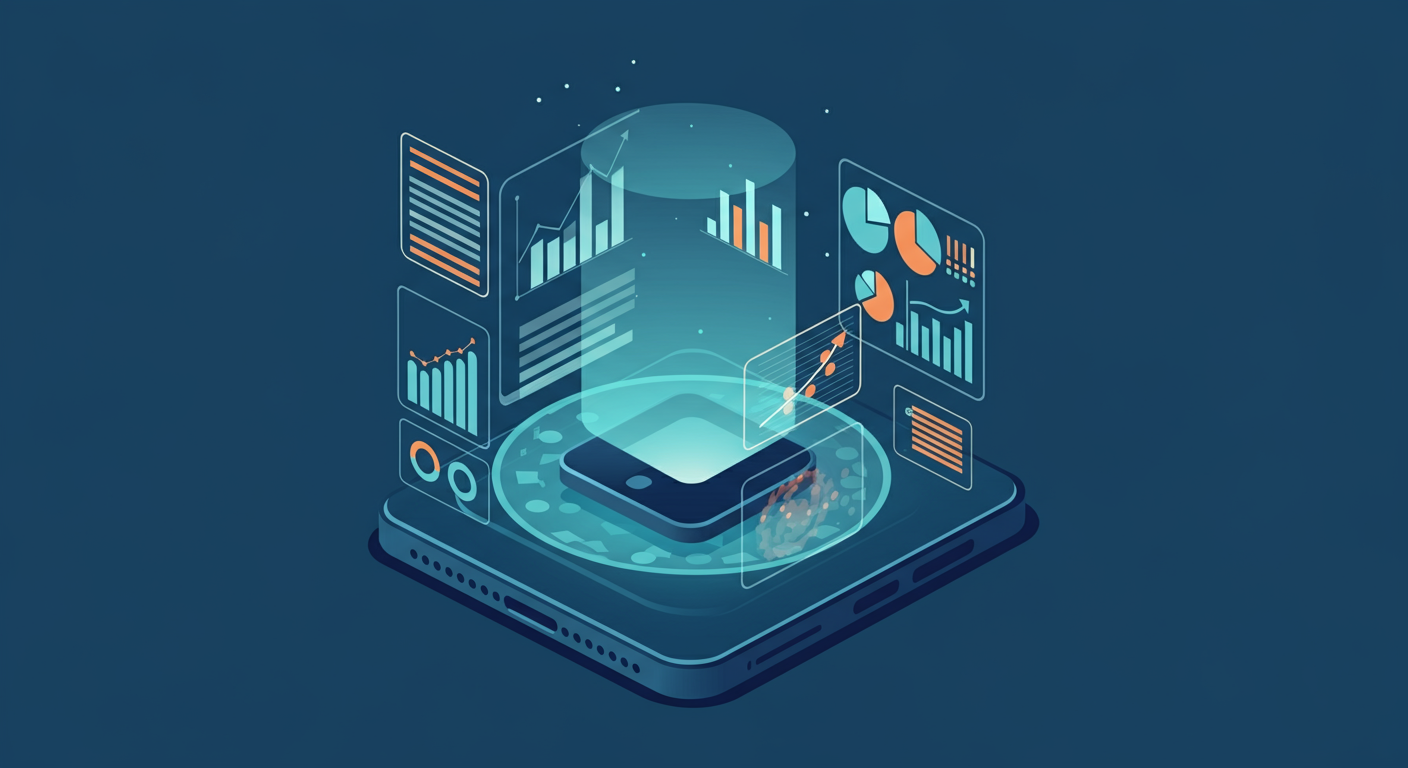
As AI continues to evolve, new opportunities will emerge to supercharge mobile personalization:
- Voice-Enabled Personalization: Conversational AI assistants will tailor offers based on voice tone, sentiment, and historical preferences.
- Augmented Reality (AR): Personalized AR experiences—such as virtual try-ons—will drive immersive product engagement.
- Federated Learning: Privacy-focused ML will train models across user devices without moving personal data to the cloud.
- Predictive Lifetime Value (LTV): Advanced models will forecast customer LTV at onboarding, enabling precise resource allocation for acquisition and retention.
Conclusion
AI-powered personalization marks a paradigm shift in mobile marketing. By delivering contextually relevant, timely, and consistent experiences, brands can forge deeper connections, boost conversions, and drive sustainable growth. As we move into 2025 and beyond, early adopters of advanced AI personalization will gain a significant competitive edge in an increasingly mobile-first world.
Ready to transform your mobile marketing? Start by auditing your data infrastructure, defining clear personalization use cases, and partnering with AI experts to build scalable models. The future of mobile engagement is personal—make sure your brand leads the way.

